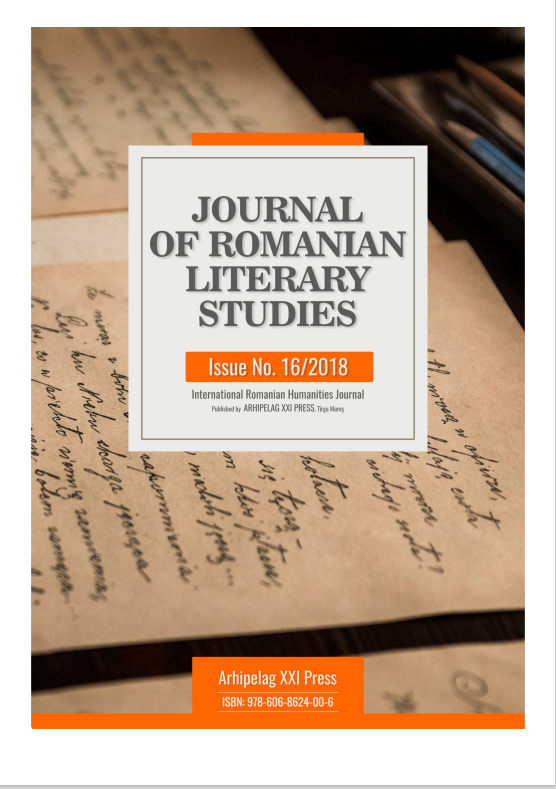ENGLISH UNTRANSLATABILITIES: WELTANSCHAUUNG AND CHUTNIFICATION IN SALMAN RUSHDIE’S MIDNIGHT’S CHILDREN
ENGLISH UNTRANSLATABILITIES: WELTANSCHAUUNG AND CHUTNIFICATION IN SALMAN RUSHDIE’S MIDNIGHT’S CHILDREN
Author(s): Adriana Brătfălean (Bâcâin)Subject(s): Literary Texts, Studies of Literature, Philology, Theory of Literature
Published by: Editura Arhipelag XXI
Keywords: Salman Rushdie; Midnight's Children; untranslatability;
Summary/Abstract: This study takes rise from the statement that, in his magnum opus Midnight's Children, Salman Rushdie, an India-born and England-residing writer, projects the weltanschauung of the Indian culture in a very innovative way: by chutnification of English. The study aim is to analyze Salman Rushdie's clever ability to manipulate the untranslatability to suit his requirements of getting to the meaning of the Indian setting. Midnight's Children is penned in a hybridized Indian English language intended to be a tribute to the Indian culture. The autodiegetic narrator Saleem Sinai enshrines in his personal experiences the heritage and the identity of India itself. By making use of a chutnified English, the English language purposely blend with Hindi words, this novel enables the Indian people to better comprehend themselves and their own destiny. The research methodology is analysis. The findings of this study are that, by making use of this newly chutnified English (a hybridized Indian English language), Salman Rushdieřs Midnightřs Children enhances the flavor of the Indian setting.
Journal: Journal of Romanian Literary Studies
- Issue Year: 2019
- Issue No: 16
- Page Range: 1340-1345
- Page Count: 6
- Language: Romanian

